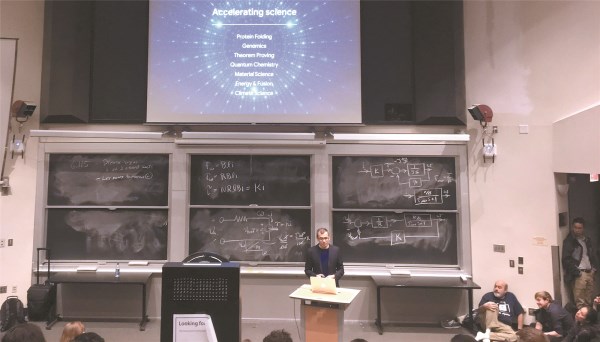Wang Jingyao a and Wei Lai b
a School of Politics and International Studies, Central China Normal University; Collaborative Innovation Center of Comprehensive Rural Reform
b School of Politics and International Studies, Central China Normal University
Abstract:Contemporary China’s rural land institutions have gone through land reform, the cooperative movement, the People’s Commune movement and the household responsibility system. Their persistence and change can be explained through a “stickiness generation—stickiness dilution” analytical framework: institutional environment and path dependence constitute the generative inducement of institutional stickiness, and have an important role in the continuity of the rural land system; the penetration of informal institutions is a crucial variable in diluting institutional stickiness, with the interaction between informal and formal institutions running throughout the entire course of institutional change. Changes in mental concepts and ideology are important influences that strengthen, break down or build formal institutions.
Keywords:rural land system, institutional stickiness, institutional change, informal institutions



